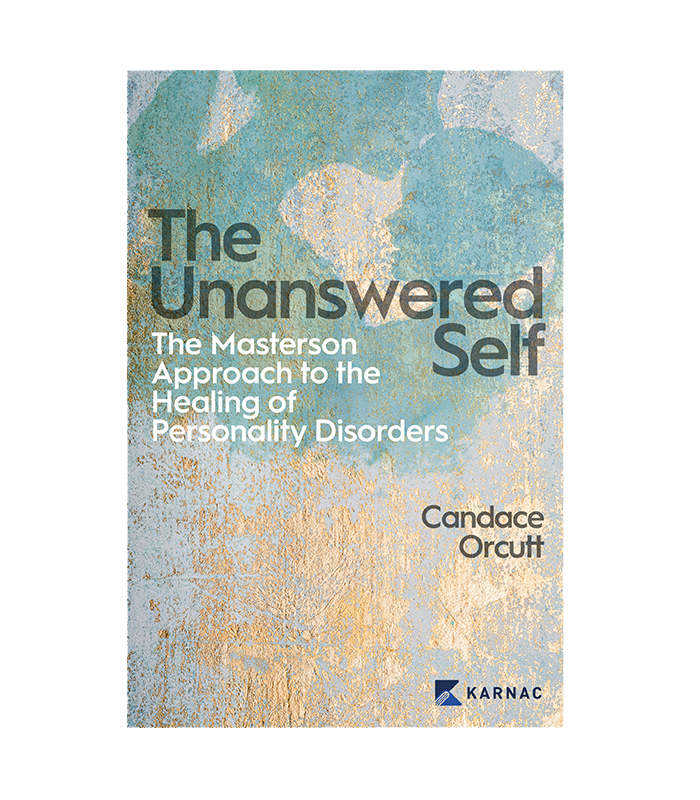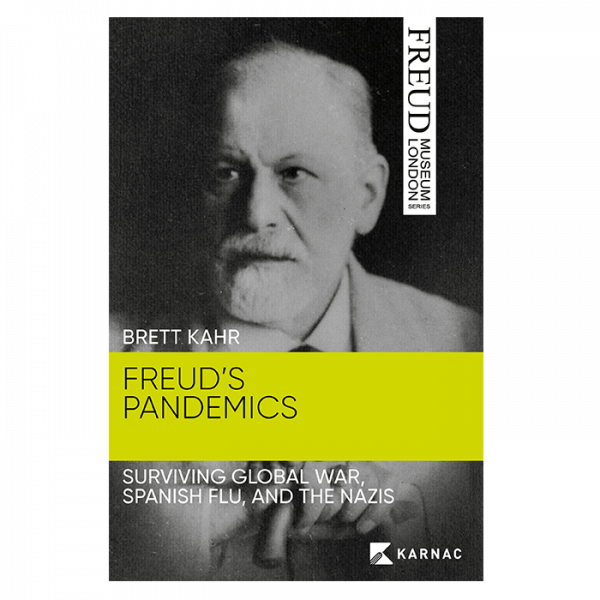James F. Masterson pioneered an innovative clinical approach to the dynamic psychotherapy of personality disorder, based on a steadily evolving synthesis of his own theory and interchange with other leaders in the field. Together with these originating minds, he established greater appreciation of mother–child attachment for shaping the personality – the basis for the effectiveness of a parallel therapeutic relationship in later healing of early relational failure.
Masterson holds that borderline, narcissistic, and schizoid conditions begin when growth of outer relationship and inner object relatedness is inhibited at focal stages of the beginning development of the self. A therapeutic relationship addressed to the specific developmental needs of a troubled personality, he believes, frees the natural progress of the self toward fulfilment.
This review of Masterson’s legacy cites his later integration of neurobiology as well as attachment theory, and considers inclusion of such post-Masterson concepts as self-state theory. Clinical examples are offered throughout to illustrate this dynamic approach to a therapeutic challenge now at the forefront of today’s caseloads.





Dr Allan Schore, University of California at Los Angeles and author of Right Brain Psychotherapy –
‘In this unique blend of academic scholarship and clinical wisdom, Candace Orcutt compellingly describes the pioneering and seminal work of James Masterson on a spectrum of personality disorders. As the highly informative text and rich case material demonstrate, his writings were clearly ahead of their time, and thus his psychotherapeutic contributions are perhaps even more relevant today.’
Daniel P. Brown, PhD, Harvard Medical School and senior author of Attachment Disturbances in Adults –
‘In this remarkable book Dr Orcutt has created a masterful synthesis of the past fifty years of the clinical field, especially relevant to the treatment of personality and major dissociative disorders. The last chapters on dissociated parts and unacknowledged trauma are brilliant.’
Judith Pearson, PhD, Director, The International Masterson Institute –
‘Dr Orcutt’s brilliant, creative mind is more than evident in her new book, The Unanswered Self. Her profound level of understanding of the works of Freud, Masterson, Winnicott and other psychodynamic and developmental theorists, and her deep knowledge of the impact of trauma on the developing self, stand at the heart of this book. A synthesis of these varied approaches culminates in original answers to some very old, and very deep, clinical and theoretical questions.’
Diane R. Stoler, EdD, Neuropsychologist and author of Coping with Mild Traumatic Brain Injury –
‘It is an honor and a privilege to write this blog on the book, The Unanswered Self: The Masterson Approach to the Healing of Personality Disorders, written by Dr Candace Orcutt, PhD. […] In this book, Dr Orcutt does a remarkable job detailing the theory and clinical practice of the Masterson Approach to the healing of the troubled self. In the process, she presents in-depth integrative concepts of “Self” of world renown theorists – Freud, Winnicott, Mahler, Kohut and Kernberg – showing how these views inform the structure and foundation of Masterson’s work. […] From a historical perspective and a developmental approach to the cause and treatment of personality disorder, Dr Orcutt guides the reader’s understanding of why problematic behaviors are displayed, and explains specific techniques for helping. Currently, there isn’t a book of this depth or knowledge of the subject.’
Jack Schwartz, The Psychoanalytic Review, 110:1, March 2023 –
‘The Unanswered Self is an important an much overdue summation of the theorhetical and clinical achievement of James Masterson. More than that, the boom is clear and approachable despite the complexities of the material, which makes it accessible for both the novice and the well-seasoned clinician. In this era of the unstructured psyche, of dissolving social norms, of self and societal division and uncertainty, Dr Orcutt has rendered Masterson’s contribution in an immensely readable, concise, and illustrative guide to the understanding of the disordered self, making an invaluable addition to contemporary psychoanalytic thought and practice.’